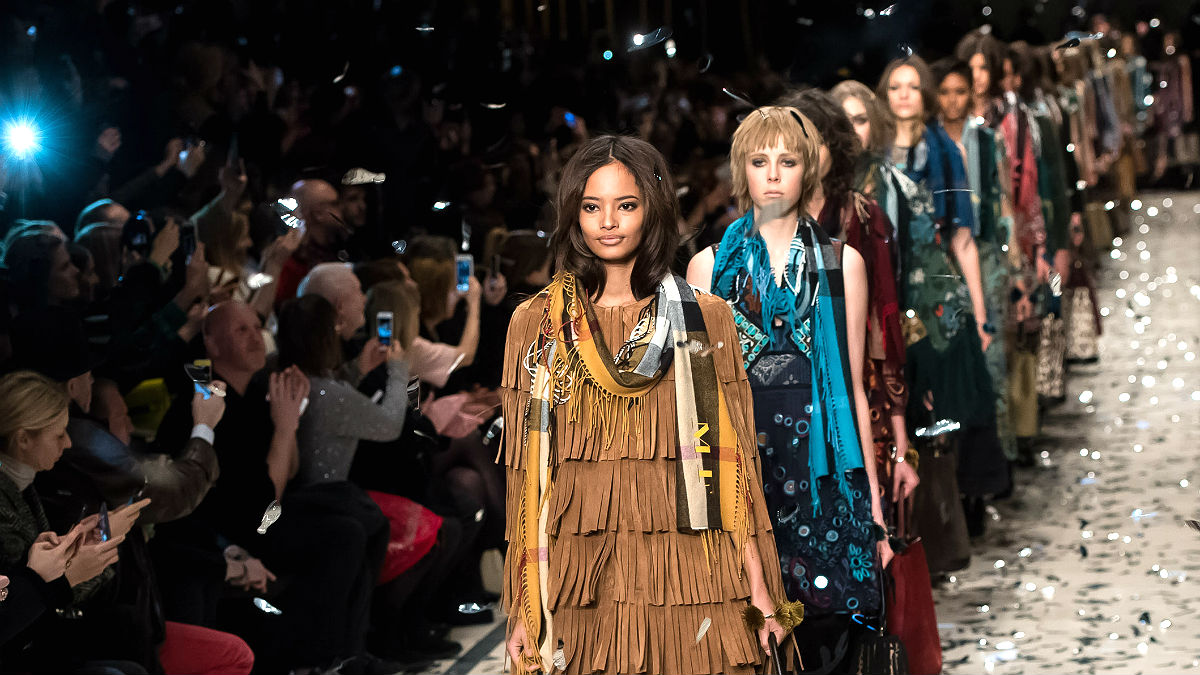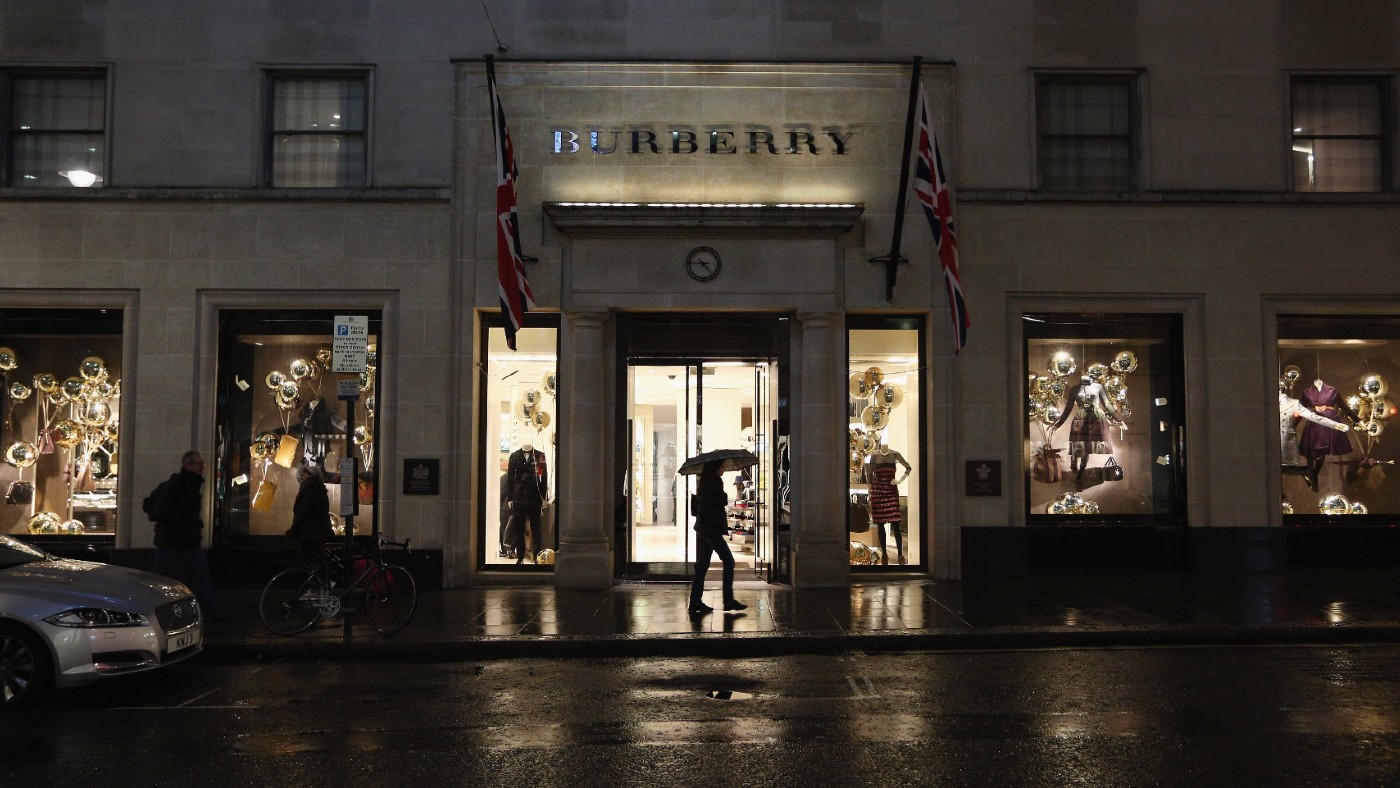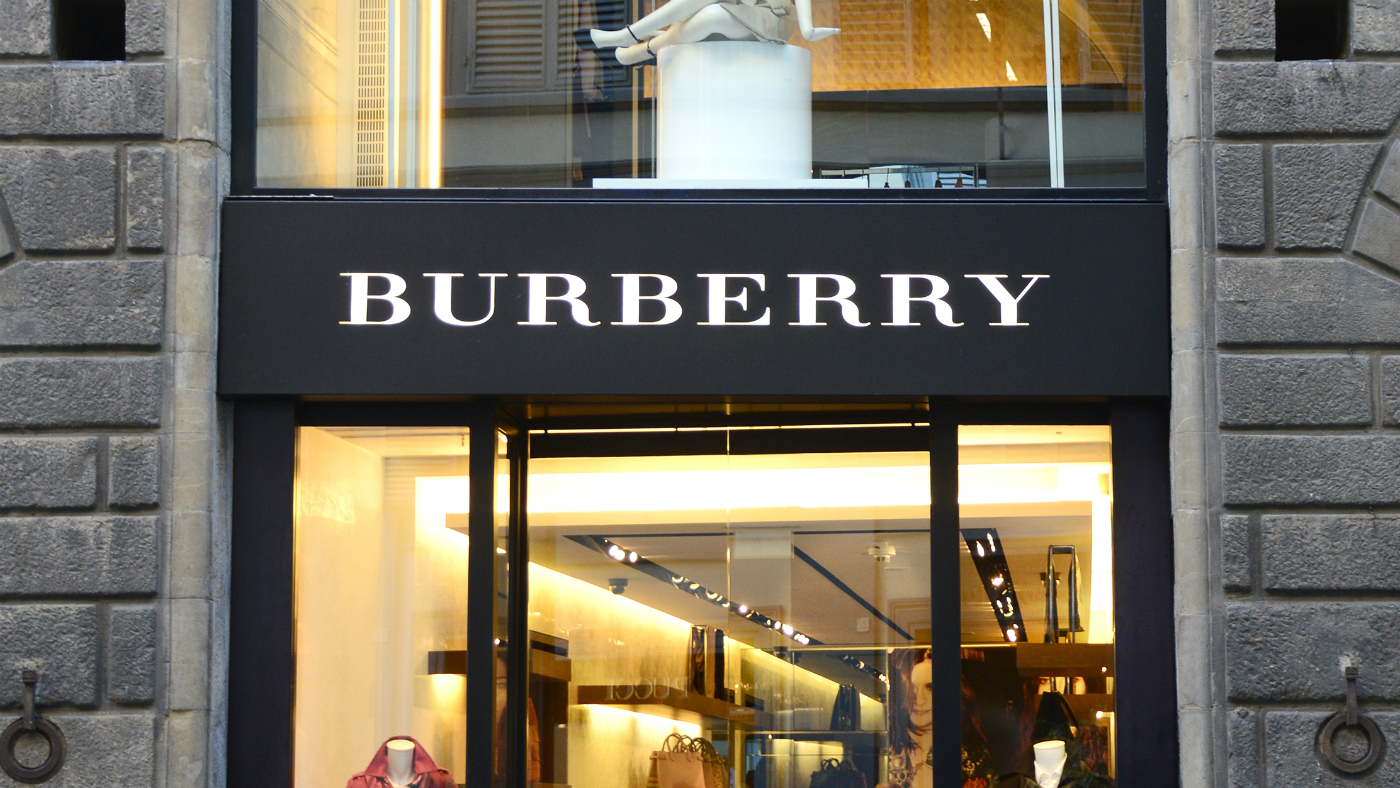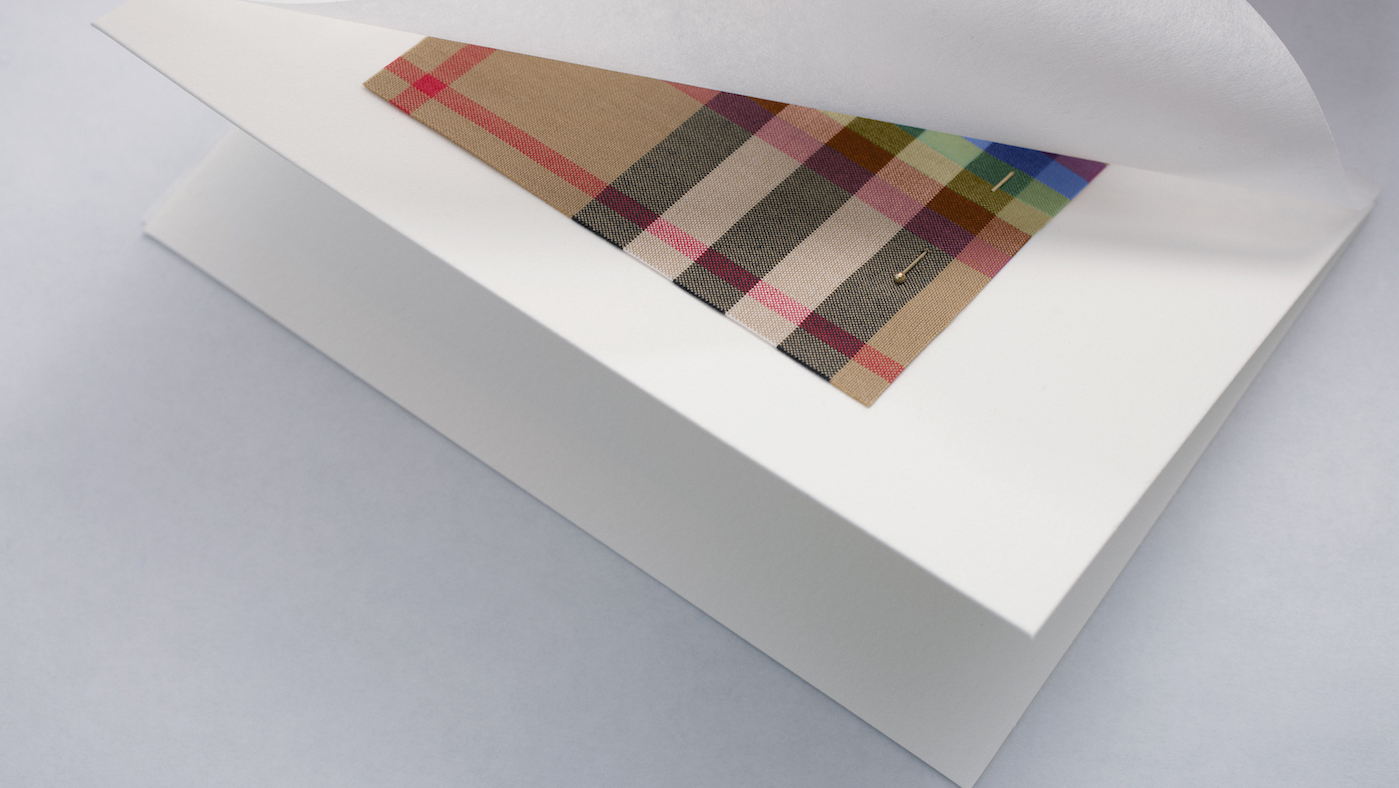Burberry stutters, but fashion brand is on trend
Heritage trench coats-to-cashmere scarves seller is a quality long-term growth play

A free daily email with the biggest news stories of the day – and the best features from TheWeek.com
You are now subscribed
Your newsletter sign-up was successful
by James Crux, Shares magazine
Shares in British fashion house Burberry have been weak in recent months, a reflection of market concerns about uncertainties facing the luxury sector. Purveyors of high-end fashion items and fragrances are finding it harder to generate the superior growth rates to which investors have grown accustomed, amid a perfect storm in international luxury.
Growth is slowing in China, where the government's clampdown on lavish gift-giving is a significant negative. Protests in Hong Kong, a high-margin regional profits centre for Burberry, have hardly helped, while wider geopolitical tensions everywhere from the Middle East to Russia – and unfavourable currency swings – have been keenly felt too.
The Week
Escape your echo chamber. Get the facts behind the news, plus analysis from multiple perspectives.

Sign up for The Week's Free Newsletters
From our morning news briefing to a weekly Good News Newsletter, get the best of The Week delivered directly to your inbox.
From our morning news briefing to a weekly Good News Newsletter, get the best of The Week delivered directly to your inbox.
Announcing full-year financial results in May, chief executive Christopher Bailey, successor to revered Burberry boss Angela Ahrendts, who has since moved to Apple, unnerved investors by flagging "increased uncertainty in some markets" at an early stage of the new financial year.
Sales grew by 11 per cent to £2.5 billion in the financial year to 31 March, yet adverse exchange rates constrained adjusted pre-tax profit – up 7 per cent to £456 million – and currency headwinds forced Bailey to lower his 2016 profit guidance too.
Near-term challenges aside, Burberry represents a play on the luxury goods industry's compelling structural drivers; the expansion of emerging market middle-class populations, a rising number of high net worth individuals underpinning trends towards conspicuous consumption and the growing propensity towards international travel, notably by well-heeled Chinese tourists.
The FTSE 100 luxury goods designer and retailer stands as an exemplar of a high-quality company. It boasts brand strength, pricing power (recent price cuts in Asia notwithstanding) and robust cash generation. Burberry is a quintessentially British brand, famed for its iconic equestrian knight logo and Burberry check trademarks, as well as its signature heritage trench coats and cashmere scarves.
A free daily email with the biggest news stories of the day – and the best features from TheWeek.com
Sustained investment over many years to build a highly differentiated brand has created a source of economic returns and barrier to entry rivals will find it tough to encroach on. Investment continues in new stores in flagship global markets and across technology and innovative digital marketing.
Burberry has proved adept at engaging with consumers through social media platforms and fashion events and benefiting from the proliferation of orders taken on iPads in-store and generated over mobile devices.

-
 The ‘ravenous’ demand for Cornish minerals
The ‘ravenous’ demand for Cornish mineralsUnder the Radar Growing need for critical minerals to power tech has intensified ‘appetite’ for lithium, which could be a ‘huge boon’ for local economy
-
 Why are election experts taking Trump’s midterm threats seriously?
Why are election experts taking Trump’s midterm threats seriously?IN THE SPOTLIGHT As the president muses about polling place deployments and a centralized electoral system aimed at one-party control, lawmakers are taking this administration at its word
-
 ‘Restaurateurs have become millionaires’
‘Restaurateurs have become millionaires’Instant Opinion Opinion, comment and editorials of the day
-
 Burberry: chequered exit prompts succession crisis
Burberry: chequered exit prompts succession crisisfeature Marco Gobbetti, boss of Britain’s luxury flagship, is leaving to lead Salvatore Ferragamo
-
 Why fashion brands burn millions of pounds of clothes
Why fashion brands burn millions of pounds of clothesSpeed Read Burberry becomes first major company to officially end practice of destroying unsold goods
-
 Luxury brands including Burberry burn stock worth hundreds of millions each year
Luxury brands including Burberry burn stock worth hundreds of millions each yearIn Depth Environmental groups call on fashion sector to scale back production after new revelations about Burberry